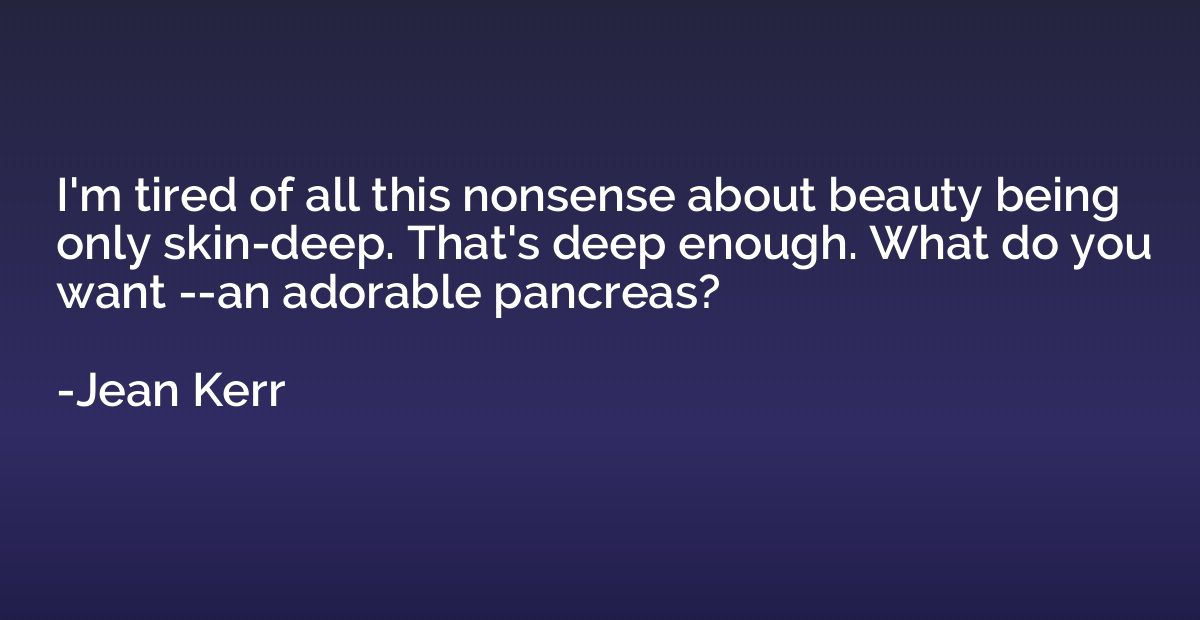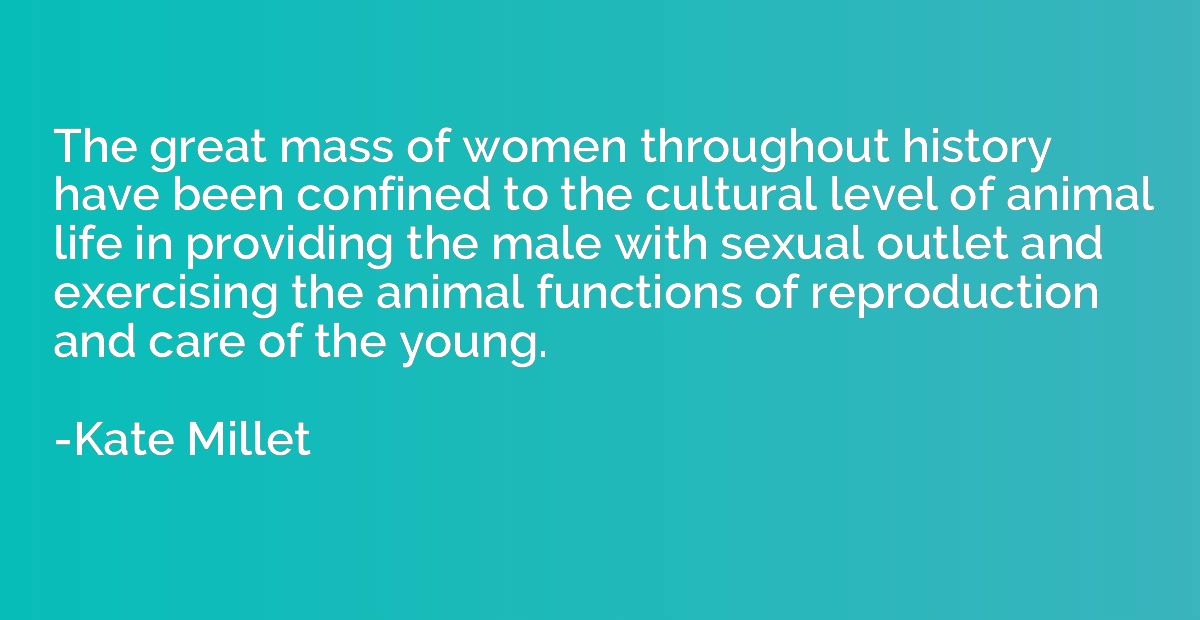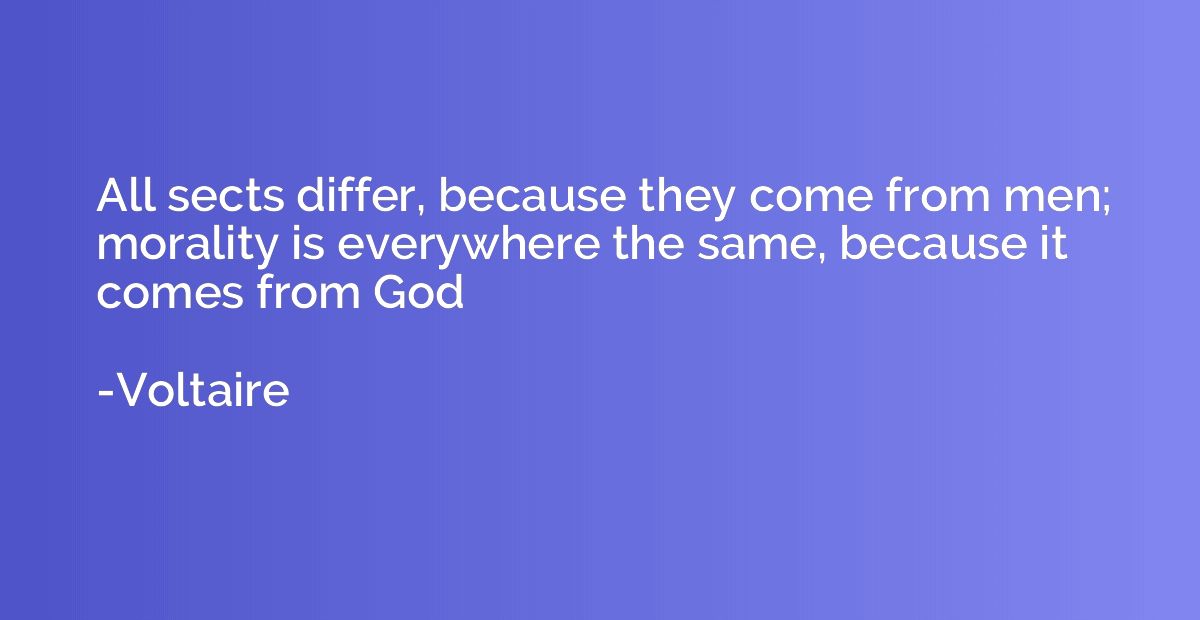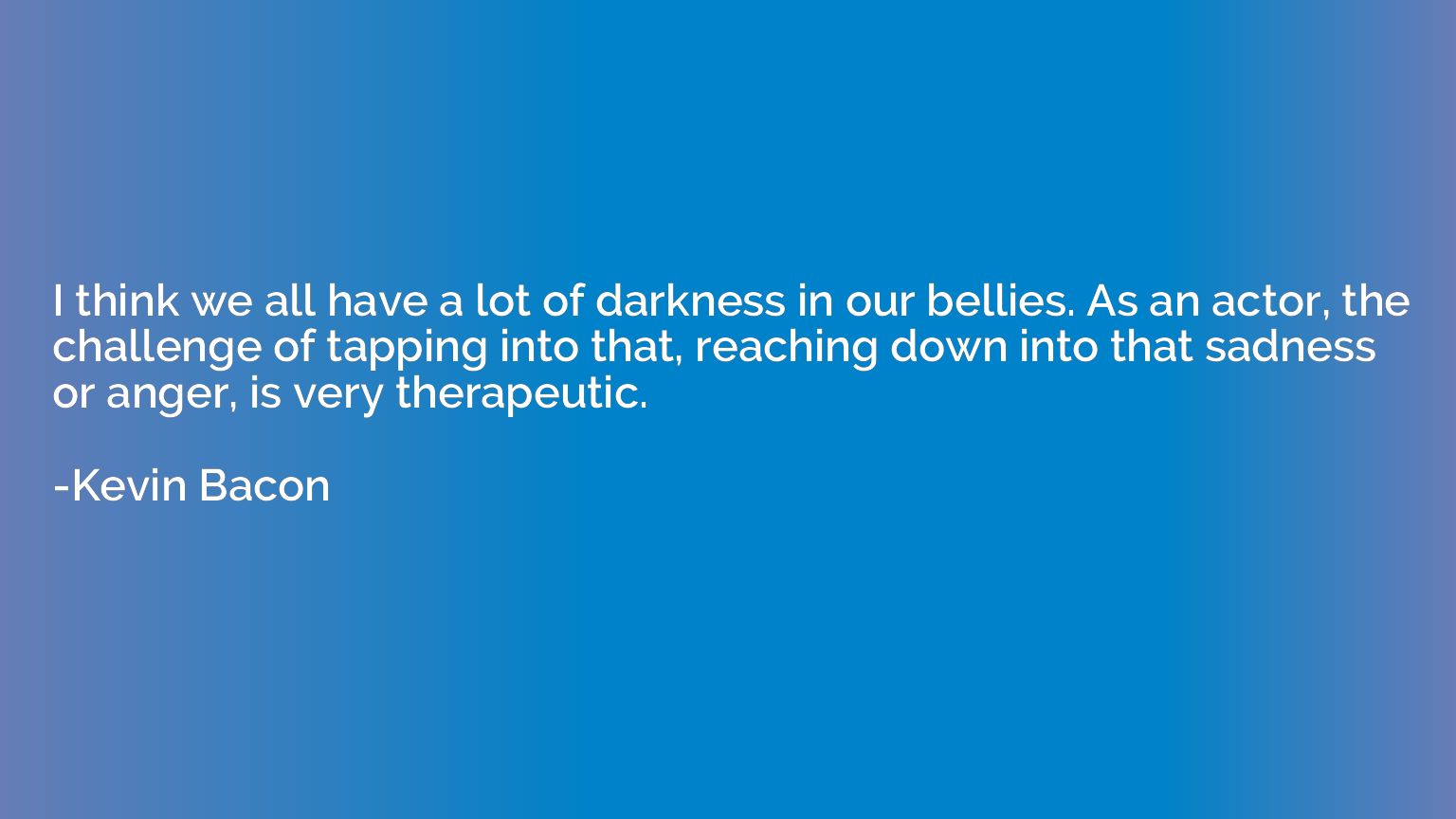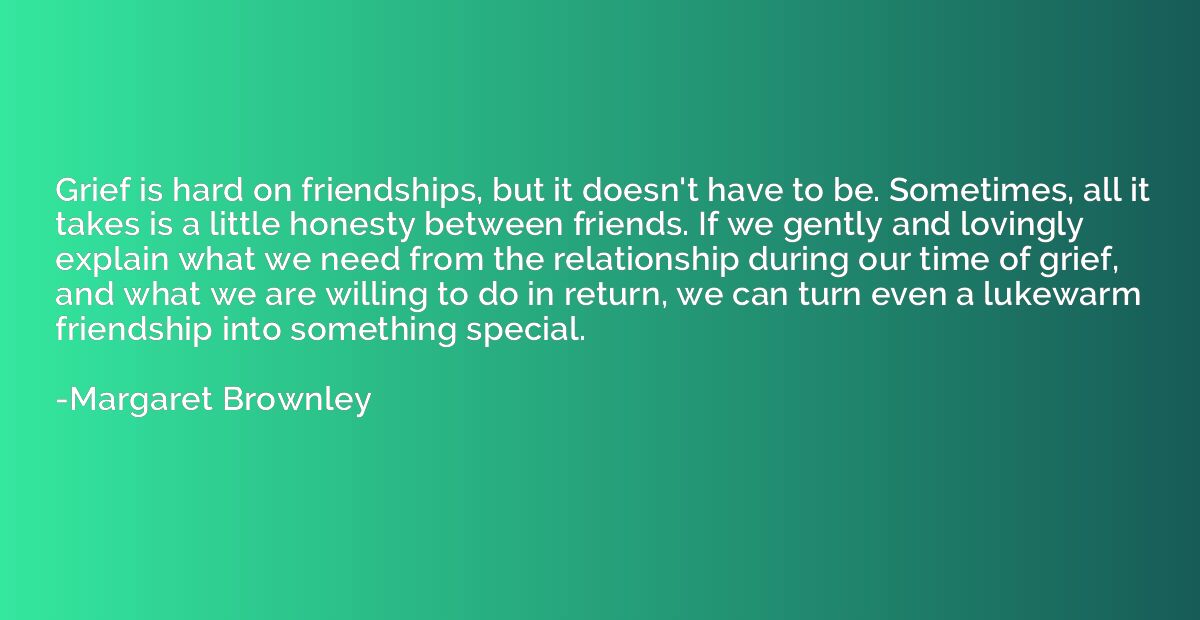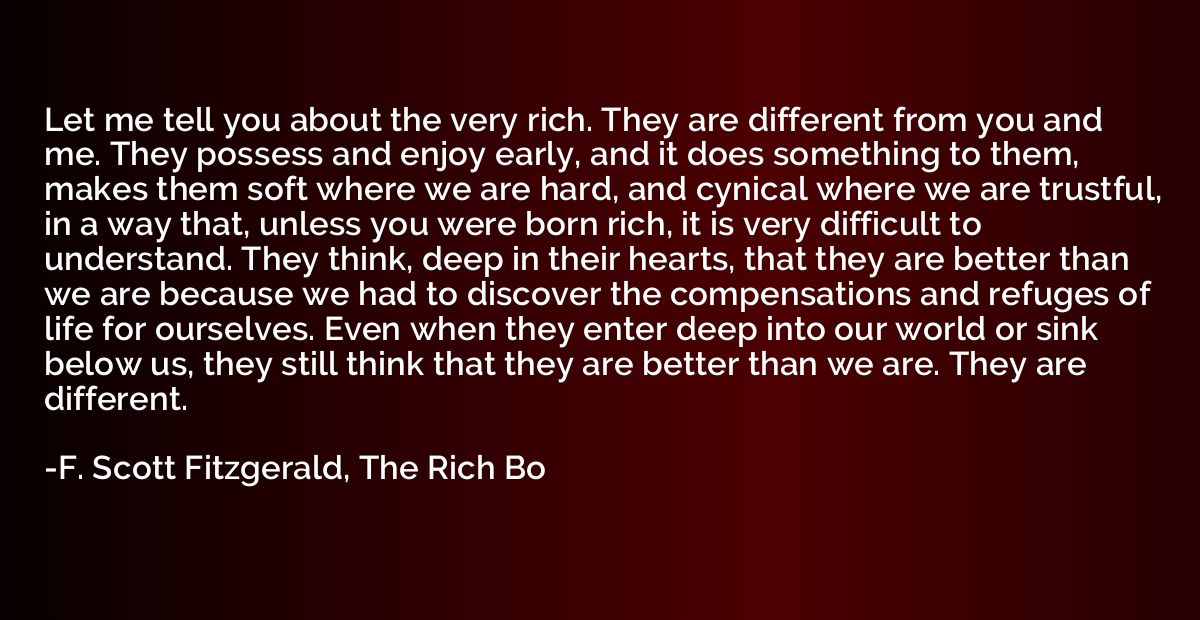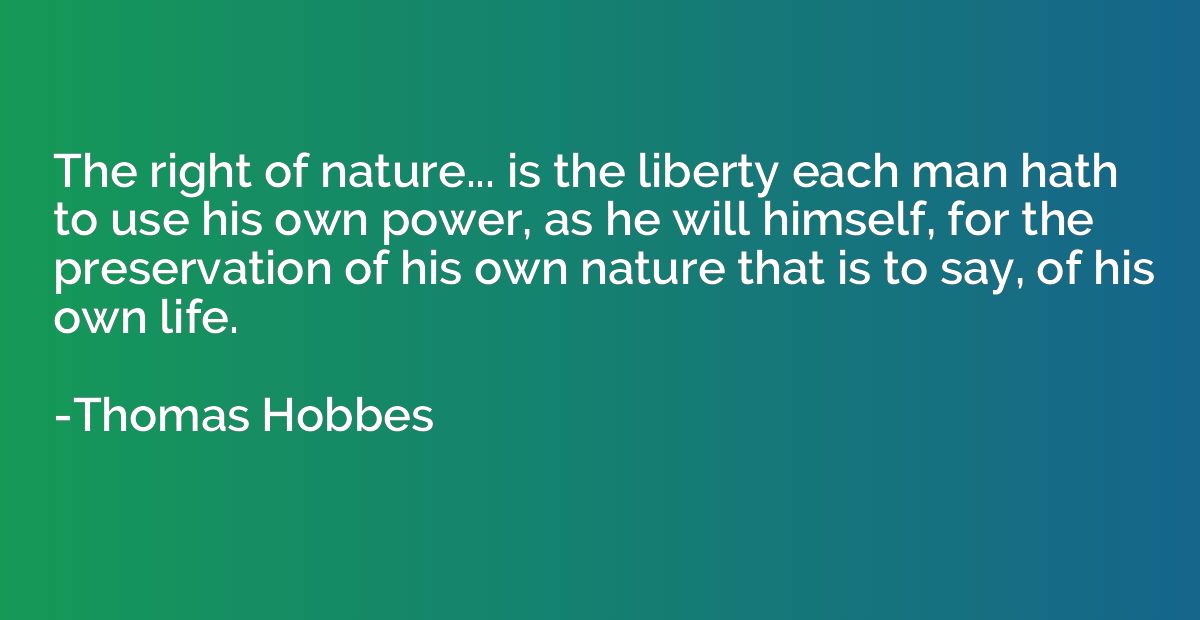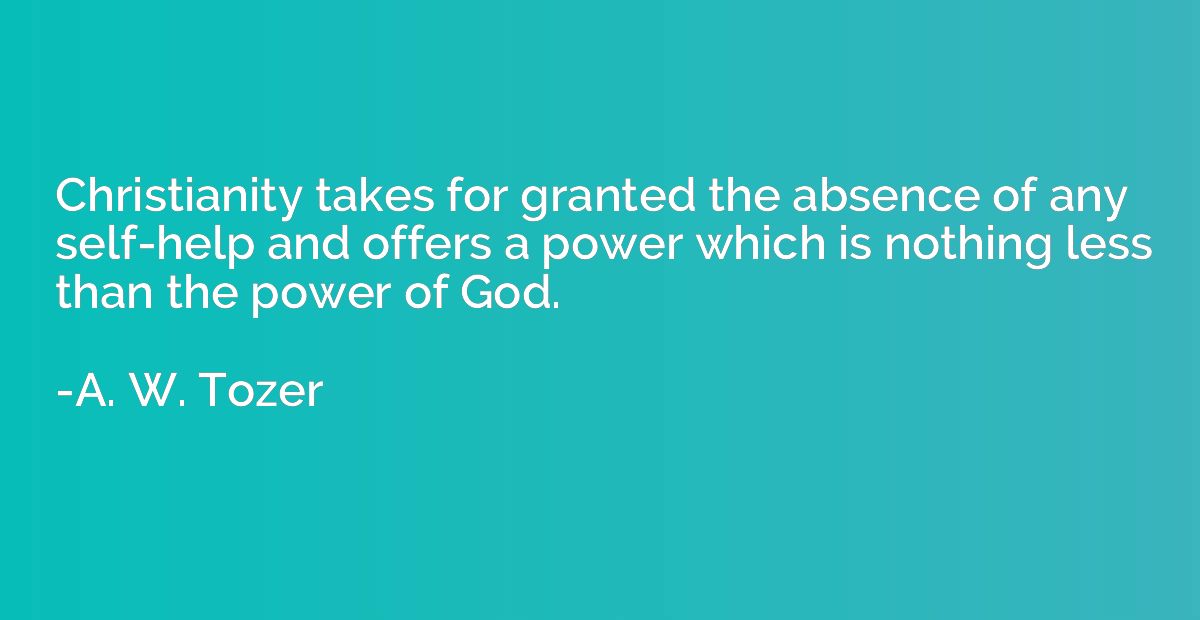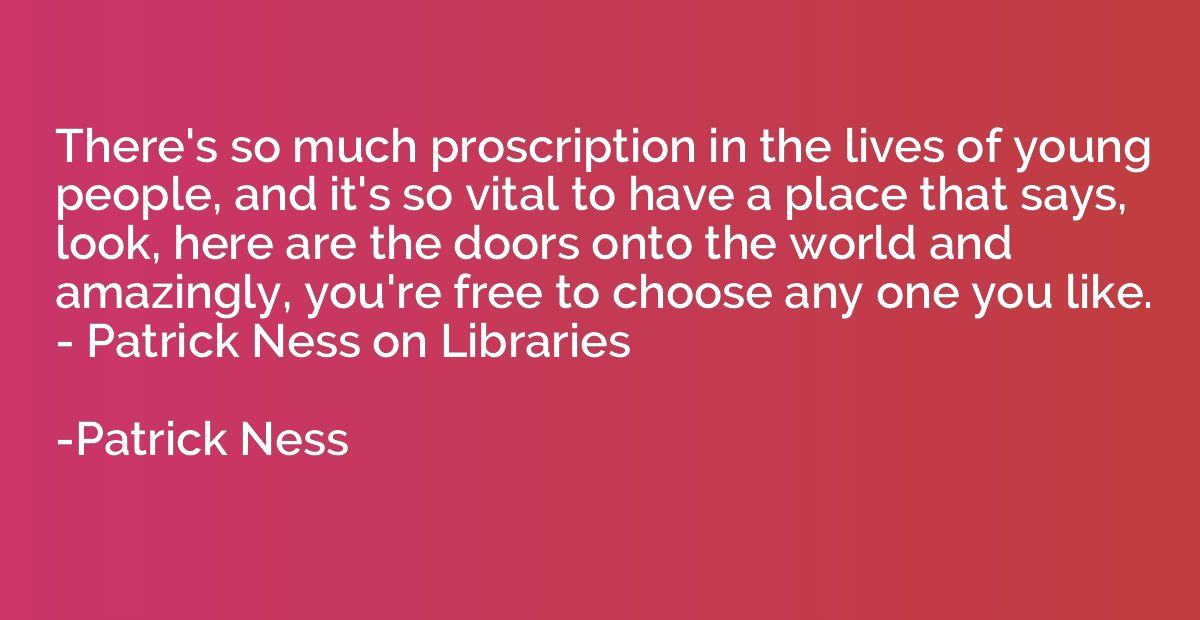Quote by Roy Orbison
I close my eyes, then I drift away, into the magic night I softly say. A silent prayer, like dreamers do, then I fall asleep to dream my dreams of you.
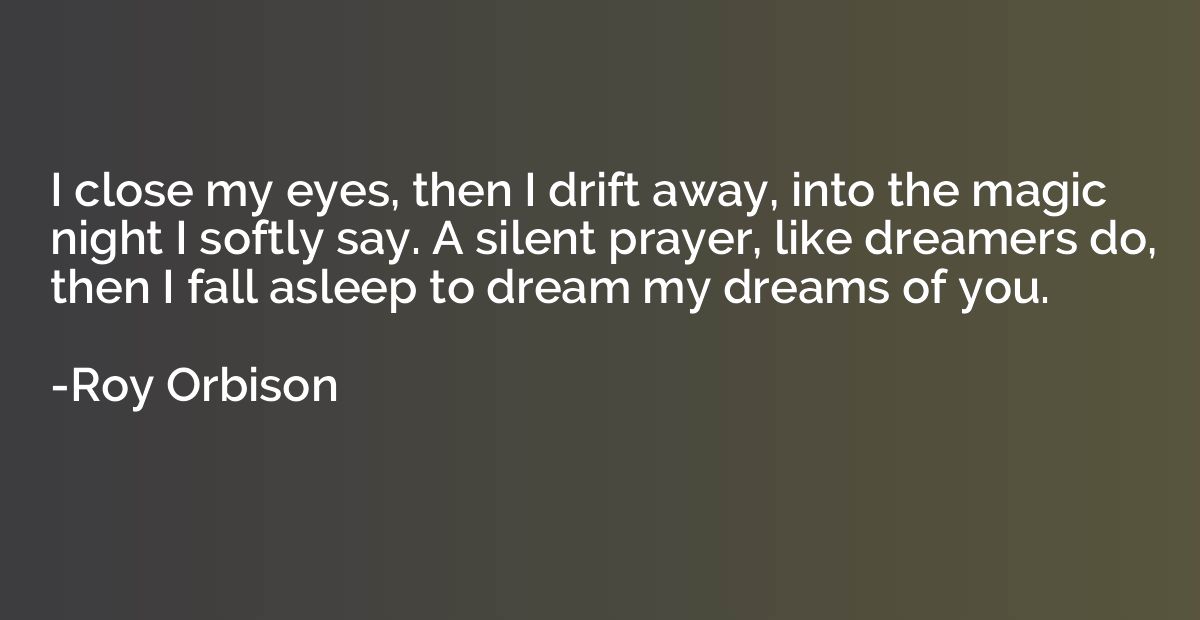
Summary
This quote expresses the intimate, personal experience of falling asleep and entering into the realm of dreams. Closing one's eyes symbolizes shutting off the external world and immersing oneself in their own thoughts and imagination. The mention of the "magic night" and the act of softly saying a silent prayer adds a sense of mystery and a touch of spirituality. The phrase "dream my dreams of you" hints at the presence of someone deeply cherished or desired, emphasizing an emotional connection in the dreamer's subconscious realm. Overall, the quote captures the serene and captivating nature of drifting off into dreams.
Topics
Dreams
By Roy Orbison




